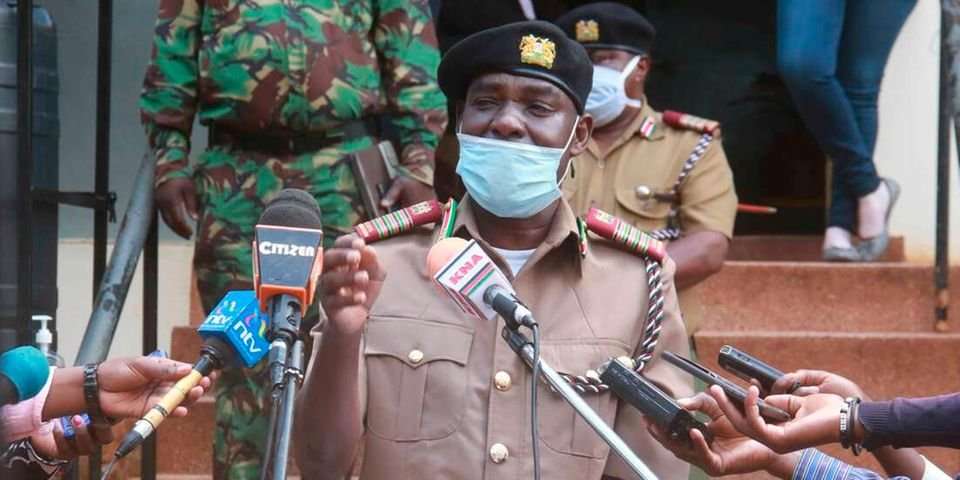On January 26, Mr Sammy Gitau, 71, walked to a bank agent in Maragua town and withdrew Sh3,000, part of the stipend that he receives from the government as a senior citizen.
What Mr Gitau did not know was that the notes were fake and would land him into trouble moments later.
“I nearly got arrested when I presented Sh2,000 of the Sh3,000 to a merry-go-round group that I am a member of,” he said.
“I had to be escorted by agitated security officers to the agent and then to the police station, where I recorded my statement. But since then, I am yet to be assisted to get my clean money.”
Mr Gitau was a victim of a fake currency syndicate operating in Central Kenya, with roots in Nairobi’s Starehe division.
The suppliers of the fake money are in a cartel that has spread its tentacles to Meru, Embu, Kirinyaga and Murang’a counties.
Murang’a South Police Commander Alexander Shikondi said the case was being investigated.
Serious crisis
Mr Joseph Kamuto, a spokesman for the State Department for Social Protection, said the allegations were serious and would be shared with social welfare officers across the country.
“It is the duty of the social welfare officer to liaise with the county commissioner and sub-county security committees to ensure such a fraud is not executed on our elderly beneficiaries of the fund. It is a serious crisis,” he said.
Security agents in the region have also issued an alert on fake currency in circulation, especially at political functions, businesses and bank agents who serve the elderly.

On January 16, ten days before Mr Gitau fell victim to the syndicate, former Central Regional Commissioner Wilfred Nyagwanga had warned about the racket in a notice.
“You are hereby advised to remain vigilant in your areas of jurisdiction following an influx of fake currency,” he told security agents.
“You are urged to apply utmost fairness in dealing with victims of the fraud and desist from mechanical punishment of victims. Sound investigative doctrine must apply to nab the peddlers of the fake currency.”
Mr Nyagwanga has since been transferred to the Office of the President and his position taken by Ms Esther Maina.
Crowd mobilisers
Cases have been reported about crowd mobilisers for politicians dishing out fake money while retaining the genuine cash.
Other victims are roadside traders who are given fake money by motorists.
“The customers claim they are in a hurry and traders cannot quickly verify whether the money is genuine,” said Murang’a County SME Association chairman Isaac Njoroge.
He said the fake notes are good imitations of genuine ones “and one has to be very keen to pick them out”.
Mr Njoroge said traders who deal in bulk cash are tricked when the notes are tucked between genuine ones.
“We have reason to believe that it is a well-protected racket that has some police officers in it as well as foreigners who even own money-printing presses in private houses,” he said.
Others hit hard are alcoholics and matatu passengers, with crew delaying to give change until the last minute.
Central Region Business Community chairman Alfred Wanyoike said fake money has hurt traders.
“The crisis is in all sectors and huge amounts have been offloaded into the area and one can fall victim in all forms of trading. The most affected denominations are Sh200, Sh500 and Sh1,000 notes,” he said.
Threat to economy
Mt Kenya MCAs Caucus chairman Charles Mwangi said residents of rural areas had complained about the fraud.
“It is a big crisis that can bring down the economy of the region. The racketeers are literally mopping up clean money and replacing it with fake currency,” he said.
The racketeers, he said, seek to dispose of Sh200 in fake currency for a Sh150 gain while a Sh500 note is ‘cleaned’ by a Sh400 profit, and Sh1,000 for a Sh800 gain.
“We should sensitise our people to be extra careful when faced with customers who appear to be in a hurry and have crisp bank notes. They should be on the lookout for those who demand change without giving traders time to verify the notes,” he said.
Credit: Source link